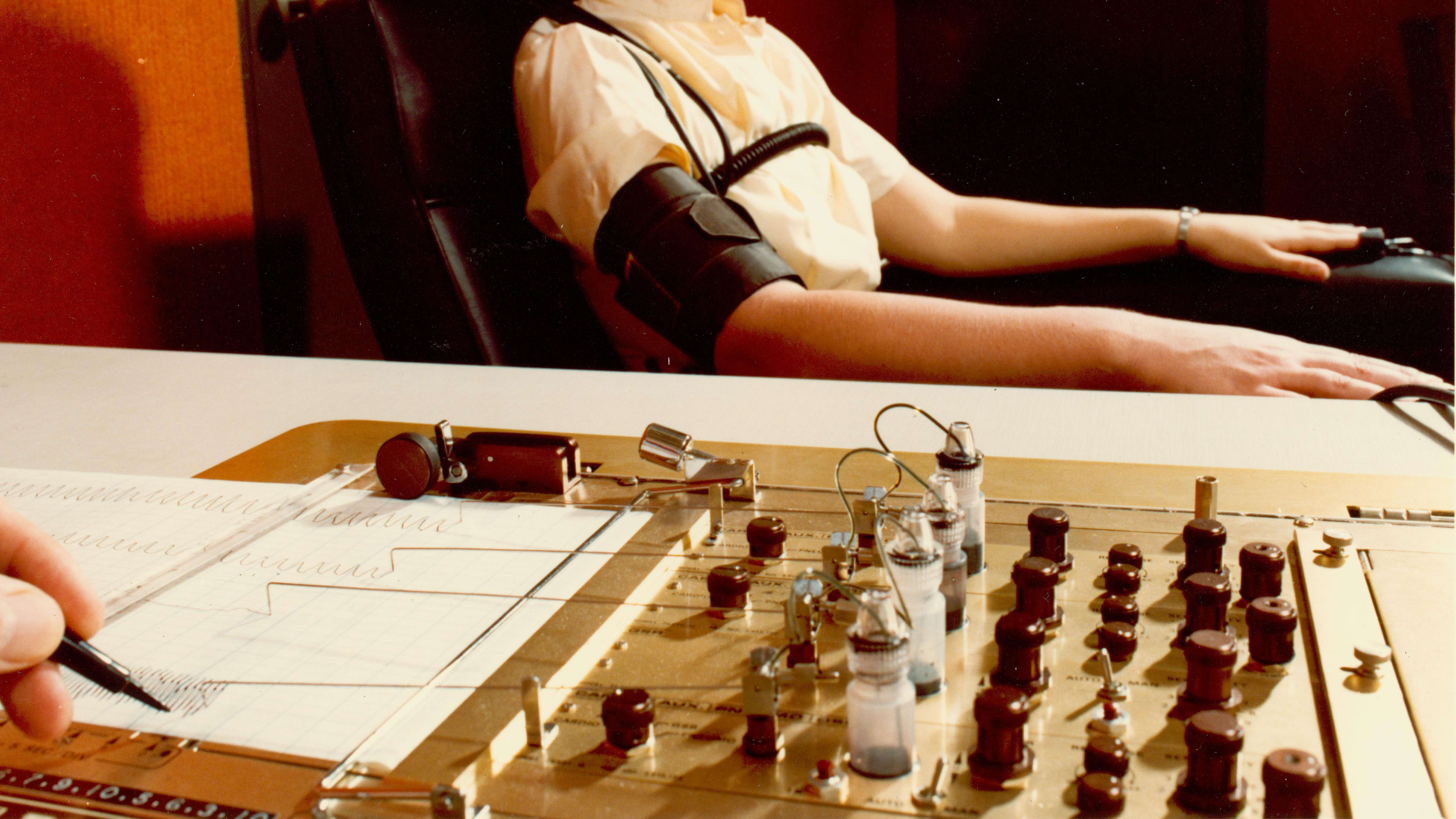Building a better lie detector has long been a goal for scientists. Polygraph tests, which effectively measure people’s anxiety, aren’t particularly reliable.
And newer technologies, whether they’re based on artificial intelligence or more sophisticated measurements of bodily changes, have also drawn skepticism from experts.
Part of the trouble is that there’s no standard way to assess whether a particular lie detection technology actually works. Unlike crash tests for cars or computational benchmarks for microchips, there’s no set of tests that can be used on a potential lie detection machine to validate whether it can actually say who’s telling the truth.
Now, the Intelligence Advanced Research Projects Agency, which funds research that could benefit the country’s spy agencies, is looking to change that with a $125,000 open challenge launched this month to find ways to test “credibility assessment” technology.
“Countless studies have tested a variety of credibility assessment techniques and have attempted to use them to rigorously determine when a source and/or a message is credible and, more specifically, when a person is lying or telling the truth,” according to the agency. “Despite the large and lengthy investment in such research, a rigorous set of valid methods that are useful in determining the credibility of a source or their information across different applications remains difficult to achieve.”
Teams or individuals interested in participating have until the end of March to submit their proposed test methodologies. A first set of winners will be announced in May, with finalists competing for top prizes of up to $40,000 in a second phase, with final rankings set to be unveiled in July.
The agency doesn’t have firm plans to use any tests developed in the competition, but a spokesperson tells Fast Company in an email that working solutions could “enable IARPA to explore a range of new solutions to credibility assessment.” IARPA would likely also make a working test procedure available to outside researchers.
The challenge is believed to be the first prize challenge focused on developing ways to test new technology, rather than developing the technology itself.
Recognize your brand’s excellence by applying to this year’s Brands That Matter Awards before the early-rate deadline, May 3.
